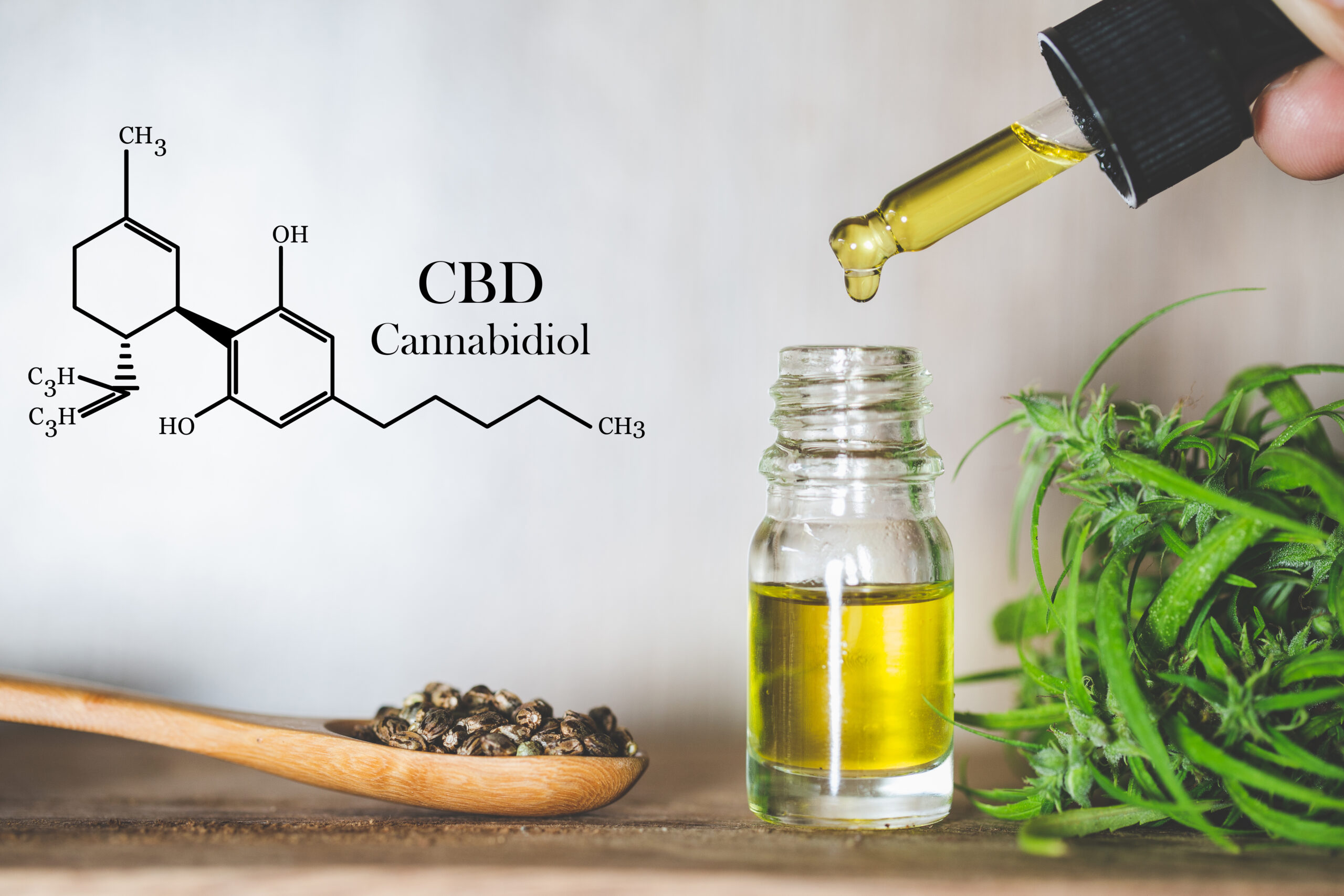Introduction
In recent years, the popularity of CBD (cannabidiol) oil has surged, touted for its potential therapeutic benefits ranging from pain management to anxiety relief. However, as with any new trend, questions arise about its legal and practical implications, particularly when it comes to activities like driving. This guide aims to provide a comprehensive overview of CBD oil and driving regulations in the United Kingdom, ensuring that individuals have a clear understanding of the legalities and potential risks involved.
Understanding CBD Oil
CBD oil is derived from the cannabis plant, but it differs from its cousin, marijuana, in terms of its psychoactive properties. While marijuana contains high levels of THC (tetrahydrocannabinol), the compound responsible for the “high” sensation, CBD oil contains only trace amounts of THC or none at all. As a result, CBD oil is generally not associated with the same intoxicating effects as marijuana.
Legal Status of CBD in the UK
In the UK, CBD oil is legal as long as it meets specific criteria. To be considered legal, CBD oil must contain less than 0.2% THC content. Products that adhere to this THC threshold are categorized as “CBD isolate” or “broad-spectrum CBD.” It’s important to note that “full-spectrum CBD” products contain trace amounts of THC that may exceed the legal limit, which could potentially lead to legal issues or complications, especially in sensitive situations such as driving.
CBD Oil and Impairment
One of the key concerns regarding CBD oil and driving is whether it can impair a person’s ability to operate a vehicle safely. Unlike THC, CBD does not produce the same psychoactive effects that can lead to impaired coordination and judgment. As a result, many users believe that CBD oil does not pose a risk to driving abilities. However, the issue is more nuanced.
Research into the effects of CBD on driving is limited, and findings are often inconclusive. Some studies suggest that CBD may have a calming effect, potentially reducing anxiety and stress, which could positively impact driving performance. However, individual reactions to CBD can vary significantly, and factors such as dosage, frequency of use, and the presence of other substances can all influence how CBD affects an individual’s cognitive and motor functions.
Drug Driving Laws in the UK
In the UK, it is illegal to drive while impaired by drugs, including prescription medications and over-the-counter remedies. The law is not limited to illegal drugs but also encompasses legal substances that can affect driving ability. The offense is not based on the specific drug but rather on the impairment it causes.
Police officers in the UK use field impairment assessments and roadside drug testing to determine if a driver is impaired. These tests evaluate a driver’s coordination, attention, and ability to perform basic tasks. If a driver fails these tests or an officer suspects impairment, they can require a blood test at a police station.
CBD Oil and Drug Tests
Given that CBD oil can contain trace amounts of THC, individuals who use CBD products might wonder if they could fail a drug test. While the likelihood of failing a drug test due to CBD use is low, it is not impossible. The trace amounts of THC in some CBD products, especially full-spectrum ones, could accumulate over time and potentially trigger a positive result on a drug test.
If you are concerned about drug tests, it’s advisable to choose CBD isolate or broad-spectrum CBD products, which have had the THC removed or reduced to negligible levels. Additionally, reputable CBD manufacturers often provide certificates of analysis from third-party labs, indicating the exact cannabinoid content of their products.
Minimizing Risks When Using CBD and Driving
- Choose Reliable Brands: Opt for CBD products from reputable manufacturers that provide clear information about their THC content and offer third-party lab testing results.
- Check THC Content: Stick to CBD isolate or broad-spectrum CBD products to minimize THC exposure and the risk of impairment.
- Start with Low Dosages: If you’re new to CBD, start with a low dosage and assess how it affects you before driving or engaging in any important activities.
- Observe Effects: Pay attention to how your body reacts to CBD. If you feel drowsy, lightheaded, or otherwise impaired, avoid driving until you understand how the CBD affects you.
- Allow Time for Effects: If you decide to use CBD before driving, allow ample time for the effects to set in before getting behind the wheel. CBD effects can vary in onset and duration.
Conclusion
CBD oil’s popularity has sparked interest and inquiries about its compatibility with various activities, including driving. While CBD is generally not associated with the impairing effects of THC, it’s important to approach its use with caution, especially when it comes to driving. The legal status of CBD products, coupled with the potential for trace amounts of THC in some products, means that users must exercise diligence to ensure they are not inadvertently breaking the law or putting themselves and others at risk on the road. Always prioritize safety and make informed decisions when using CBD products in situations that require alertness and focus, such as driving.
- Do Cheek Fillers Look Natural? - April 25, 2025
- Chin Augmentation With Chin Filler Near Norwood, Surrey - April 22, 2025
- Can Fillers Help A Saggy Neck? - April 21, 2025

